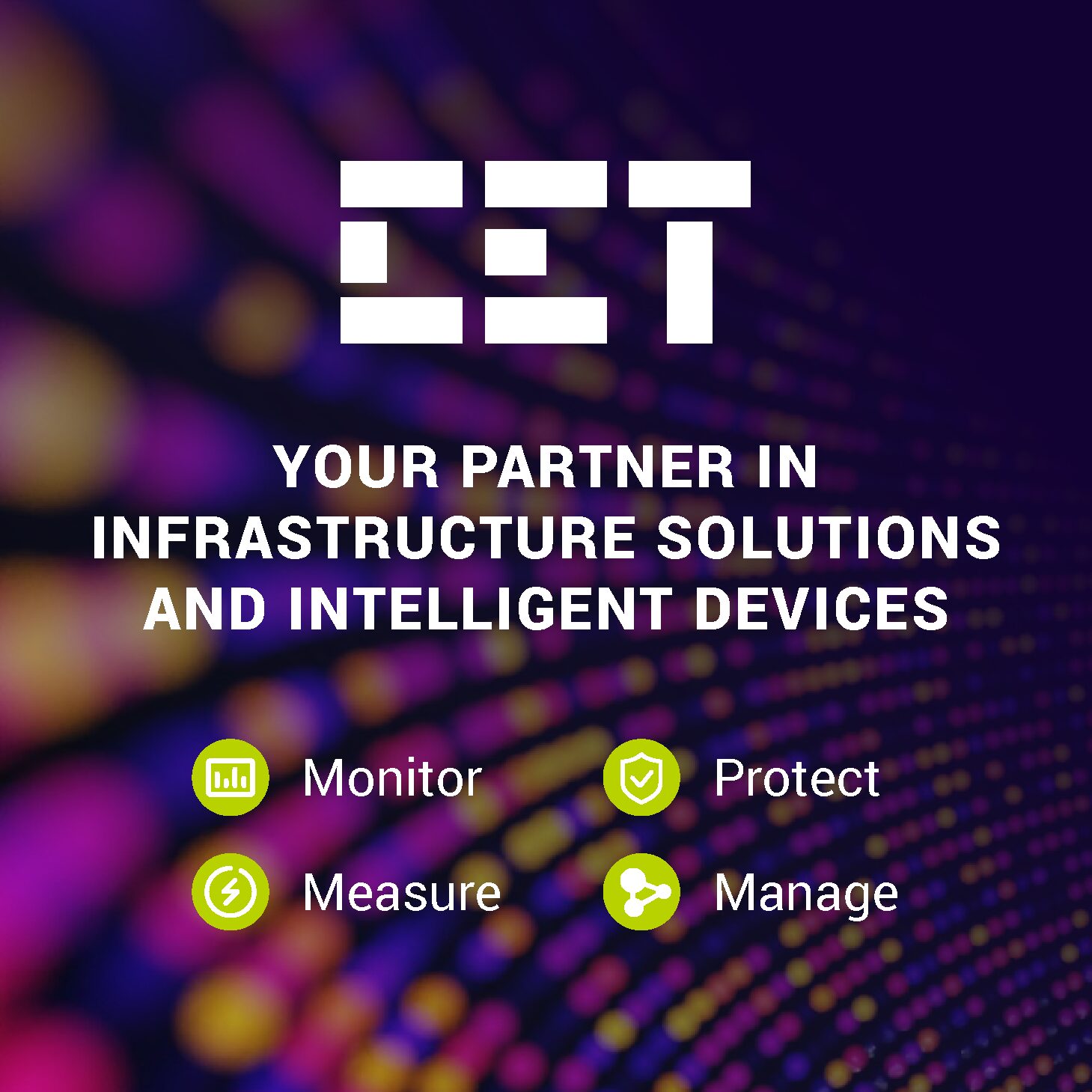Amid news of the lifting of a ban on sales of Nvidia H20 AI chips to China, Malaysia-based data centers and related industries should rejoice hoping that the recent restrictions on exports of AI chips from Malaysia would also be lifted. But, according to legal firm Wong & Partners, this is not the case. “Regardless of whether there is a lifting of the ban on sales of H20 chips to China, the new directive under Malaysia’s Strategic Trade Act 2010 (“STA”) still stands,” the firm said in response to questions from W. Media.
“Lifting of US export controls does not override the Malaysian directive and compliance obligations. The directive as issued under the STA is nevertheless binding and must be complied by any persons exporting, transhipping and transiting AI chips from or in Malaysia. US EAR and CCL may in any event capture other advanced AI chips (apart from just H20s), which may still be subject to US export controls. Customs (and occasionally with MITI) will scrutinise exports at customs border for the relevant permits. If the country of final destination is China and AI chips are being declared as exported in Customs K2 – it may attract greater scrutiny,” it elaborated.
On whether there are loopholes in the directive, Wong & Partners’ lawyers, comprising Adeline Wong, Tang Ai Leen, Jeff Sum and Chloe Ng, said based on the language of the press release which was published on MITI’s website, it appears that notification to MITI is only needed if there is knowledge or reasonable grounds to suspect that the chips are used for Weapons of Mass Destruction (WMD) purpose (though MITI has said they will issue further guidelines / FAQ in coming weeks to further clarify).
“In this case, the onus is on the exporter to carry out proper due diligence on the product, end-user and end-use of the item to demonstrate that it has no knowledge or reason for suspicion. In the event of an audit, the evidence and documentary trail from the due diligence becomes pertinent to absolve liability – relevant persons cannot simply claim it has no knowledge without conducting due diligence (as notification is already given by MITI).
Devil in the details
On 14 July, Malaysia’s Ministry of Investment, Trade and Industry (“MITI”) issued a media statement and Directive No. 1/2025, introducing immediate controls on the export, transshipment, and transit of high-performance AI chips. This directive is issued under Section 12 of the Strategic Trade Act 2010, which provides for a “catch-all” control mechanism, allowing MITI to regulate unlisted items where there is knowledge or reasonable belief that they may be used in connection with restricted activities.
“The directive is issued in line with Malaysia’s broader intent to align with international export control norms, particularly in light of tightening US restrictions on chip exports to China, and amid growing scrutiny by the US over Malaysia’s role as a transshipment hub in the AI chip supply chain,” Wong & Partners said.
Expounding further, it said: “The directive applies to advanced AI chips that meet specific performance thresholds but are not yet listed in the Strategic Items List. Annex I of the directive outlines detailed technical thresholds for chips falling under categories such as 3U090, 4U090, and 5A002.u. These include GPUs, TPUs, neural processors, and other high-performance integrated circuits with specific total processing performance (TPP) and performance density metrics. These technical specifications are crucial to be reviewed by exporters and their compliance teams, as it provides a measurable basis for determining whether a chip falls within the scope of the directive.
“Based on the language of the directive, notification shall be submitted to MITI at least 30 days before exporting, transhipping, and transiting if there is knowledge or reasonable grounds to suspect that the chips may be used in restricted activities. Restricted activity, in turn, is any activity that supports the development, production, handling, usage, maintenance, storage, inventory or proliferation of any WMD and its delivery systems and participation in transactions with persons engaged in such activities.
“While the media statement provides that AI chips of US origin will be subject to controls, the directive itself does not explicitly refer to the US. This aligns with Malaysia’s existing export control framework under the STA 2010, which exercises controls based on the nature of the item, its potential end-use and end-user in restricted activities, rather than the origin of the product.”
“Crucially, the directive mandates that any permit application to MITI is to be accompanied by a re-export license from the originating country and an export control product classification from the manufacturer. This underscores the importance of ensuring compliance not only with Malaysia’s domestic directive but also with foreign export controls, particularly given that many highly advanced US chips are regulated under the US Export Administration Regulations (EAR) and Commerce Control List (CCL).”
“Although the directive does not explicitly regulate AI chips already installed in domestic data centres and their imports into Malaysia, any form of cross-border movement of the chip or transmission of its technology to countries outside Malaysia, such as through cloud services, hardware leasing, or remote data processing, could trigger regulatory scrutiny under the STA 2010.
However, there are exemptions provided for under the directive, namely technical exemptions for chips that satisfy two criteria: (1) not designed or marketed for use in data centres, and (2) have a Total Processing Performance (TPP) below 4800.
“This carve-out offers a potential safe harbour for lower-performance chips or those used in consumer or edge devices. Nevertheless, the inclusion of this exemption also signals that data centre applications are under closer regulatory watch, particularly where high-performance computing or AI-related computing is involved.”
Rigorous reassessment required
The firm added that given the technical complexity and potential legal exposure, entities operating within the AI chip supply chain—notably exporters, data centre operators, and cloud service providers—are now compelled to undertake a rigorous reassessment of their due diligence protocols. This extends beyond merely verifying the technical specifications of their chips to meticulously scrutinizing the intended end-use of their computational resources and purposes, especially when servicing clientele located outside of Malaysia.
The firm concluded that this directive is a notable progression in Malaysia’s strategic trade controls. “While data centres are not the primary focus, they are undoubtedly within the scope of concern, particularly where chip movement or remote access is involved. The directive is likely a preliminary step to close regulatory gaps while Malaysia reviews the formal inclusion of high-performance AI chips into the Strategic Items List.”
As a result, Malaysia now faces a critical challenge: balancing its commitment to international regulatory standards with its ambition to become a leading regional AI data center hub, said the firm.
“While robust regulations such as the directive can bolster its reputation as a responsible global tech player, they also risk increasing complexity and compliance burdens, potentially hindering innovation and deterring crucial investment. Malaysia must therefore carefully navigate this balance, ensuring that its regulatory framework supports, rather than stifles, the rapid growth needed to achieve its regional AI date centre aspirations.”
Advice for data centers and related businesses? “For businesses operating in or through Malaysia, the directive introduces new compliance considerations that extend beyond traditional export scenarios. Legal, compliance, and technical teams must now work in tandem to assess risk, classify hardware accurately, and maintain robust documentation substantiating their decisions. This is imperative in a regulatory landscape that is becoming increasingly complex and geopolitically sensitive.”





